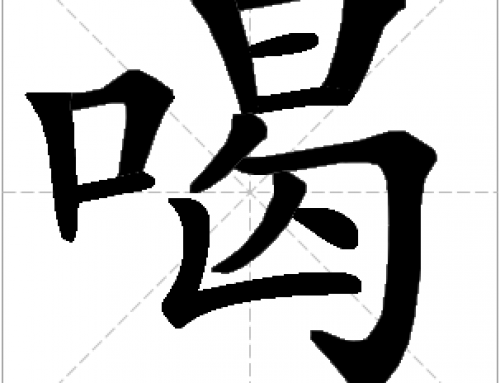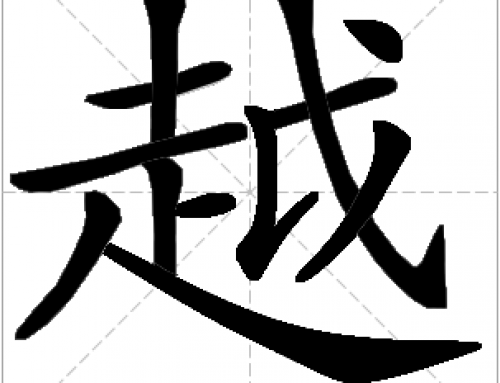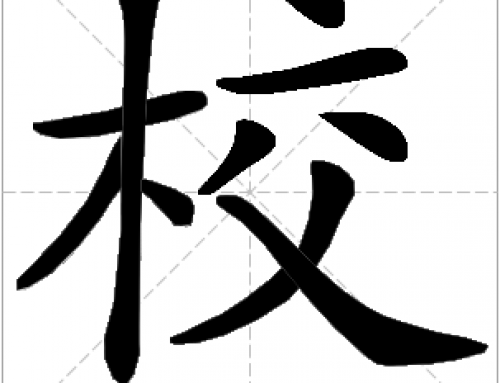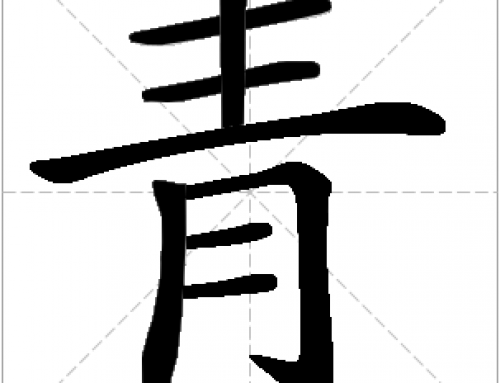
4 strokes
4 画
kāi

gǒng
join one’s hands together
- open
- blossom; open out
- start; operate
- set up; run
- hold (a meeting, exhibition, etc)
- write out; make a list of
- (used after a verb) indicates the meaning of departure or separation
- (used after a verb) indicates the meaning of capacity
kāi-chē
开车
v.
start or drive a car, train, etc
kāi-chú
开除
v.
discharge; expel
kāi-fā
开发
v.
exploit; develop
kāi-guān
开关
n.
switch (of lamp, machine, etc)
kāi-fàng
开放
v.
come into bloom; be open (to the public), open up
kāi-kǒu
开口
v.
open one’s mouth; start to talk
kāi-lǎng
开朗
adj.
optimistic; sanguine
kāi-shǐ
开始
v. / n.
begin; start / beginning
kāi-wán-xiào
开玩笑
v.
play a jobke; make fun of
kāi-xīn
开心
adj. / v.
feel happy; rejoice / make fun of
kāi-yǎn
开眼
v.
(a play, drama, movie, etc) begin
kāi-tiān-pì-dì
开天辟地
the creation of the world; since the beginning of history
yì-xiǎng-tiān-kāi
异想天开
indulge in an absurd fantasy; have a very fantastic idea
Usage 用法
open
Hái-zi bù gěi mò-shēng-rén kāi-mén.
孩子不给陌生人开门。
The child didn’t open th door for the stranger
blossom; open out
Méi-gui-huā shén-me shí-hòu kāi?
玫瑰花什么时候开?
When do roses blossom?
start; operate
Huǒ-chē xià-wǔ sì diǎn kāi.
火车下午四点开。
The train will leave at four this afternoon.
set up; run
Tā dǎ-suàn kāi yì jiā xiǎo shāng-diàn.
他打算开一家小商店。
He is going to set up a small shop.
arise; happen
Xué-xiào míng-tiān kāi yùn-dòng-huì.
学校明天开运动会。
The school sports meet is going to be held tomorrow.
arise; happen
Má-fan nín gěi wǒ kāi ge jiè-shào-xìn.
麻烦您给我开个介绍信。
May I trouble you to write me a letter of recommendation?
arise; happen
Qǐng dǎ kāi chuāng.
请打开窗。
Please open the window.
arise; happen
Zhè kè-tīng tài xiǎo, tiào-wǔ tiào bu kāi.
这客厅太小,跳舞跳不开。
The drawing room is too small for dancing







